Core Faculty
-
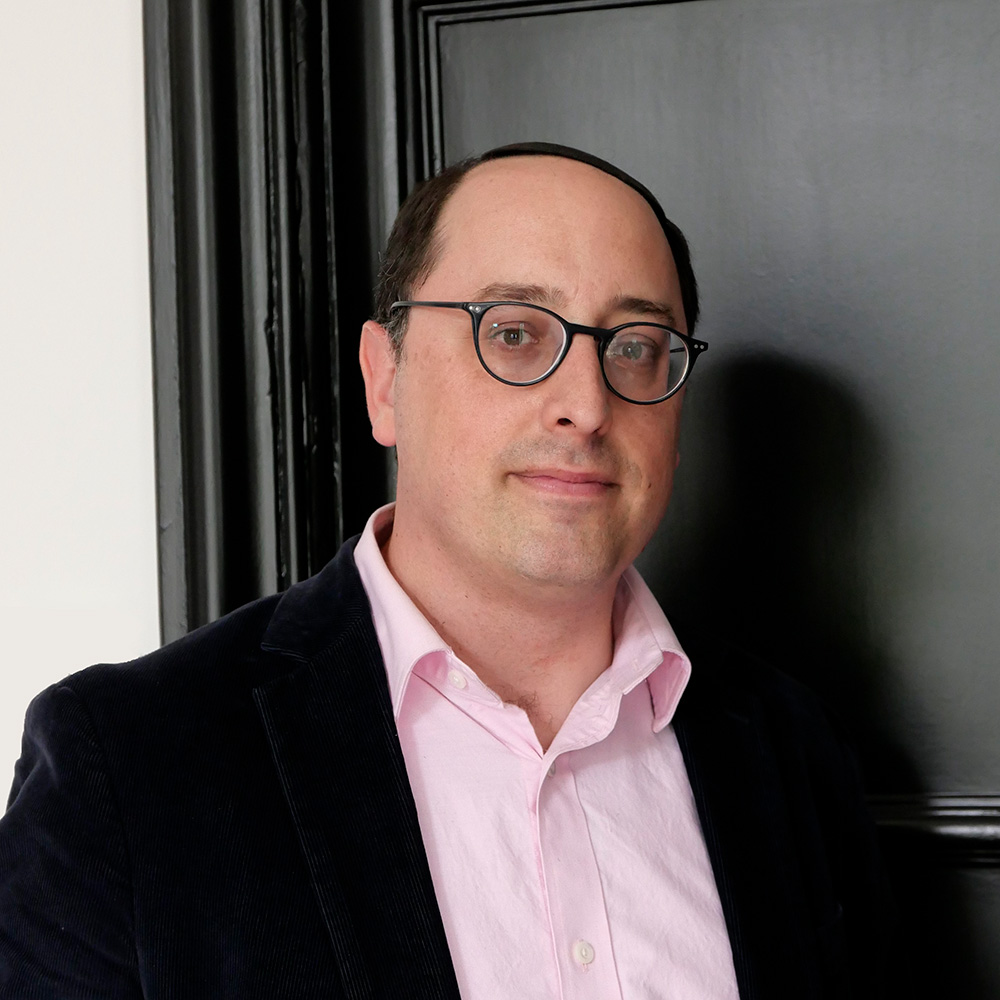 Shai Secunda, DirectorJacob Neusner Professor in the History and Theology of Judaism; Director, Jewish Studies; Director, Interdisciplinary Study of Religion
Shai Secunda, DirectorJacob Neusner Professor in the History and Theology of Judaism; Director, Jewish Studies; Director, Interdisciplinary Study of Religion
Office: Hopson 205
845-758-7389 | [email protected]
Shai Secunda, Director
Jacob Neusner Professor in the History and Theology of Judaism; Director, Jewish Studies; Director, Interdisciplinary Study of Religion
Office: Hopson 205
845-758-7389 | [email protected]
Affiliations: Interdisciplinary Study of Religions, Jewish Studies, Middle Eastern Studies Primary Teaching and Research Interests: Rabbinic Literature, Classical Judaism,Middle Persian Literature, Zoroastrianism, Eastern Late Antiquity, & Orality
Shai Secunda is Jacob Neusner Professor in the History and Theology of Judaism at Bard College. He received a bachelor’s degree from Ner Israel Rabbinical College, a master’s from Johns Hopkins University, and an MA/PhD from Yeshiva University. He is the author of The Iranian Talmud: Reading the Talmud in its Sasanian Context (University of Pennsylvania Press, 2014) and The Talmud’s Red Fence: Menstruation and Difference in Babylonian Judaism and its Sasanian Context (Oxford University Press, 2020). His work uses philological analysis of the Talmud—the work which sits at the center of the classical Jewish canon—to reveal the rich cultural and religious worlds of late antique Babylonian Jewry and their neighbors in Sasanian Iran, especially the Zoroastrians. He has also published widely on Jewish studies scholarship and contemporary culture in the Jewish Review of Books, where he is a contributing editor. Before coming to Bard, he taught at Yale and the Hebrew University of Jerusalem. At Bard since 2016. -
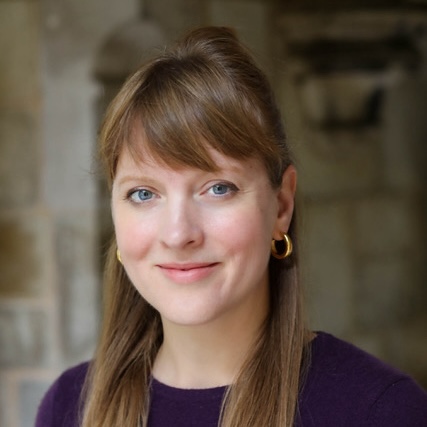 Erin Atwell
Erin Atwell
Erin Atwell
Primary teaching and research interests: Islamic preaching and teaching, ethics, aesthetics, early Islam, modern Egypt, Classical Arabic literature, embodiment and the senses, renewal, religious authority
B.A., Loyola University Chicago; M.A., Fordham University, M.A. and Ph.D., University of Chicago, Near Eastern Languages & Civilizations and Anthropology. Erin Atwell’s research explores intersections of early Islamic texts and contemporary Muslim practices. Her current book project is a study of early Islamic ethical and aesthetic expressions of godfearingness (taqwā), and how these expressions shape efforts to renew religious discourse in post-revolutionary Egyptian religious spaces. Publications include: “Hold Fast the Reins and Be Guided: Embodied Expressions of Taqwā in Prophetic Hadith and Orations of ʿAli ibn Abī Ṭālib” in Journal of Arabic Literature, 2023; “Renewing Religious Discourse: The Azhar Documents and Conceptions of Reform in Contemporary Egypt” in The Oxford Handbook of Islamic Reform, forthcoming 2025. Fellowships include: Fulbright US Student Program, Egypt; Lichstern Anthropology Dissertation Fellowship, University of Chicago. At Bard since 2024.
-
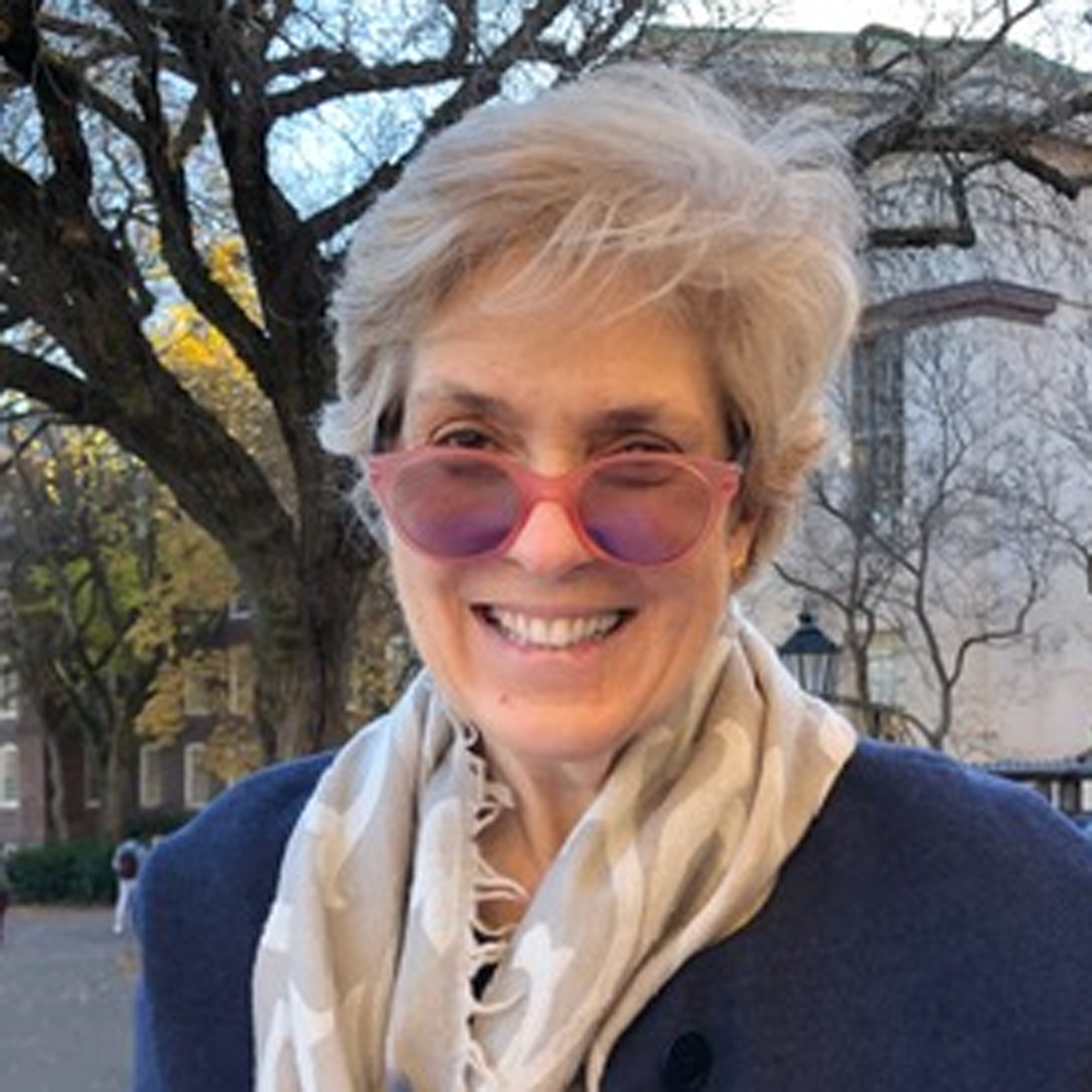 Karen BarkeyCharles Theodore Kellogg and Bertie K. Hawver Kellogg Chair of Sociology and Religion
Karen BarkeyCharles Theodore Kellogg and Bertie K. Hawver Kellogg Chair of Sociology and Religion
Office: Hopson 201
Email: [email protected]

Karen Barkey
Charles Theodore Kellogg and Bertie K. Hawver Kellogg Chair of Sociology and Religion
Office: Hopson 201
Email: [email protected]
Karen Barkey’s research has been engaged in the comparative and historical study of the state, with special focus on its transformation over time. Her work has explored state society relations, peasant movements, banditry, and opposition and dissent organized around the state. Her main empirical site has been the Ottoman Empire, in comparison with France and the Habsburg and Russian Empires. She also pays attention to the Roman and Byzantine worlds as important predecessors of the Ottomans. Her book Empire of Difference (Cambridge University Press, 2008) explores issues such as diversity, the role of religion in politics, Islam and the state as well as the manner in which the Sunni-Shi’a divide operated during the tenure of the Ottoman Empire—topics that remain relevant today. Barkey, who was born in Istanbul, is also coauthor of Choreography of Sacred Spaces: State, Religion and Conflict Resolution (Columbia University Press, 2014), which explores the history of shared religious spaces in the Balkans, Anatolia, and Palestine/Israel, regions once under Ottoman rule. Recent publications include Negotiating Democracy and Religious Pluralism: India, Pakistan and Turkey (Oxford University Press, 2021) and Shared Sacred Sites: A Contemporary Pilgrimage (City University of New York Publications, 2018). Barkey was awarded the Germaine Tillion Chair of Mediterranean Studies, IMéRA, Marseille for 2021–2022, and has served as professor of sociology at the University of California, Berkeley; Haas Distinguished Chair of Religious Diversity at the Othering and Belonging Institute; director of the Center for the Study of Democracy, Toleration, and Religion; and codirector of the Berkeley Center for the Study of Religion. She also taught at Columbia University, where she was director of the Institute for Religion, Culture, and Public Life.
BA, Bryn Mawr College; MA, University of Washington; PhD, University of Chicago. At Bard since 2021. -
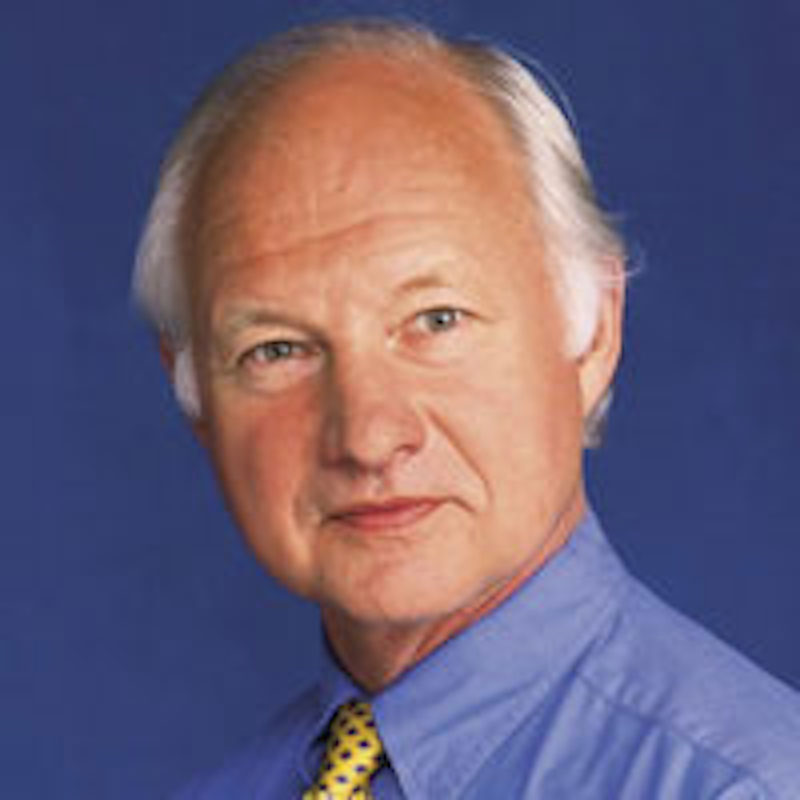 Bruce Chilton
Bruce Chilton
Bruce Chilton
Affiliations: Institute for Advanced Theology (Director), Theology, Medieval Studies, Jewish Studies
Primary Teaching and Research Interests: Early Christianity and Judaism, Liberation Theology
B.A., Bard College; M.Div., General Theological Seminary, ordination to the diaconate and the priesthood; Ph.D., Cambridge University. Books includeAbraham’s Curse; Rabbi Jesus: An Intimate Biography; God in Strength; Rabbi Paul: An Intellectual Biography; Judaic Approaches to the Gospels; Mary Magdalene: A Biography; Revelation; Trading Places; Jesus’ Prayer and Jesus’ Eucharist; Forging a Common Future; and Jesus’ Baptism and Jesus’ Healing.Editor in chief, Bulletin for Biblical Research; founding editor, Journal for the Study of the New Testament, Studying the Historical Jesus series (E. J. Brill and Eerdmans). Fellowships and awards: with Jacob Neusner, Choice magazine award, best academic book (1998); Evangelical Scholars Fellowship, Whitney Humanities Center (Yale University); Heinrich Hertz Stiftung, Theological Development Fund of the Episcopal Church, National Conference of Christians and Jews. At Bard since 1987. -
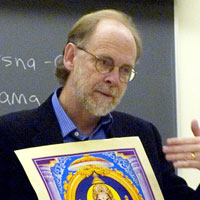 Richard DavisProfessor Emeritus and Research Professor of Religion
Richard DavisProfessor Emeritus and Research Professor of Religion
Email: [email protected]
Richard Davis
Professor Emeritus and Research Professor of Religion
Email: [email protected]
Academic Program Affiliation(s): Asian Studies, Classical Studies, Interdisciplinary Study of Religions, Theology
Professor Davis’s primary research and teaching interests include classical and medieval Hinduism, Indian history, South Asian visual arts, and Sanskrit. He is the author of The Bhagavad Gita: A Biography (Princeton University Press, 2014); A Priest’s Guide to the Great Festival: Aghorasiva's Mahotsavavidhi (2009); Lives of Indian Images (1997; winner of the 1999 A. K. Coomaraswamy Prize); and Ritual in an Oscillating Universe: Worshiping Siva in Medieval India (1991). He has edited two volumes, Picturing the Nation: Iconographies of Modern India (2007) and Images, Miracles, and Authority in Asian Religious Traditions (1998), and he also wrote the text for a catalog of Indian religious prints, Gods in Print: Masterpieces of India’s Mythological Art (Mandala, 2012). Currently he is continuing work on the reception history of the Bhagavad Gita and on a history of religions in early South Asia. Fellowships include Guggenheim, Fulbright-Hays, Mrs. Giles Whiting Foundation, and the National Endowment for the Humanities. He previously taught at Yale University. BA, University of Chicago; MA, University of Toronto; PhD, University of Chicago. At Bard since 1997. -
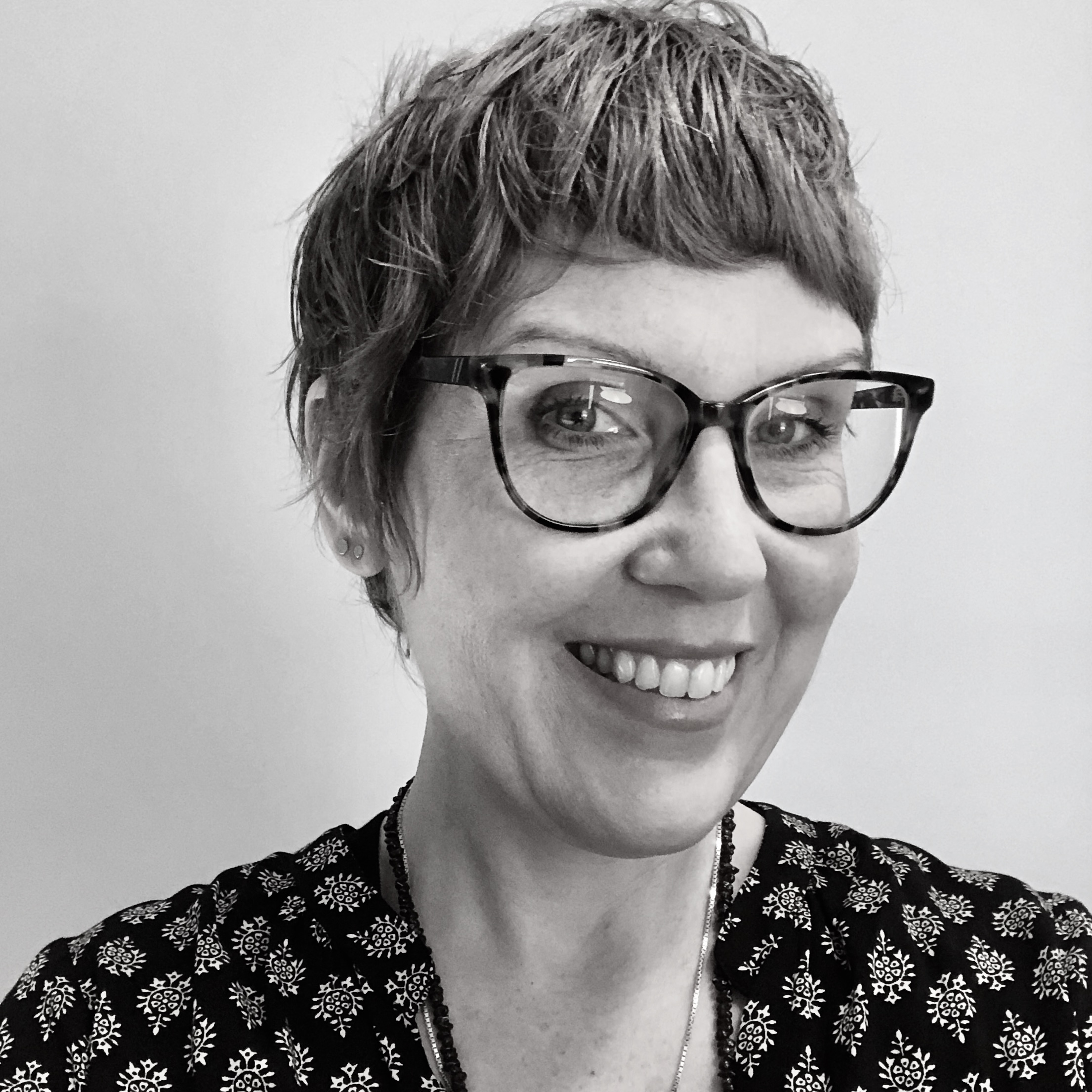 Hillary LangbergVisiting Assistant Professor of Religion and Art History and Visual Culture
Hillary LangbergVisiting Assistant Professor of Religion and Art History and Visual Culture
Office: Hopson 204
Email: [email protected]
Hillary Langberg
Visiting Assistant Professor of Religion and Art History and Visual Culture
Office: Hopson 204
Email: [email protected]
Affiliations: Art History and Visual Culture, Asian Studies
Primary Research and Teaching Interests: Buddhist studies, Asian art, Mahayana, Tantra, goddess traditions.
BA, University of California, Berkeley; MA, PhD, University of Texas at Austin. Her research focuses on the historical development of goddess traditions in Indian Mahayana Buddhism by placing textual sources in conversation with the visual arts. She is currently working on her first book, Goddesses on the Bodhisattva Path, and co-editing an interdisciplinary volume, The Tantric World (forthcoming from Routledge, 2026). Peer-reviewed articles Include: "Gender Equity in a Mahayana Sutra: The Gaṇḍavyūha's Enlightened Goddesses" (The Eastern Buddhist, June 2021) and “Gifts of the Goddess: Offerings of Dhāraṇī, Mantras, and Tantric Invocation Rituals by Sarasvatī and Śrī in the Sūtra of Golden Light” (Pacific World: Journal of the Institute of Buddhist Studies, Nov. 2022). She was previously Robert H. N. Ho Family Foundation Buddhism Public Scholar at the National Museum of Asian Art, Smithsonian (2022-2024) where she co-curated the exhibition, The Art of Knowing in South Asia, Southeast Asia, and the Himalayas, and curated the online exhibition, Wisdom of the Goddess. Previous awards include the American Institute of Indian Studies (AIIS) Junior Research Fellowship. Previously taught at the University of Texas at Austin and Colgate University. At Bard from 2020-2022, and since 2024.
-
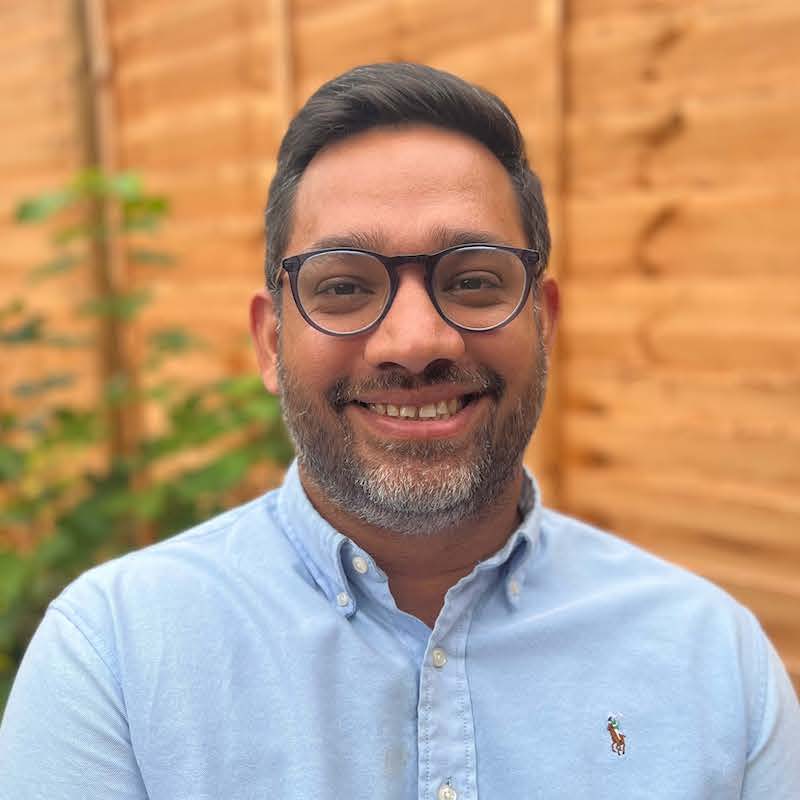 Nabanjan MaitraAssistant Professor of the Interdisciplinary Study of Religions
Nabanjan MaitraAssistant Professor of the Interdisciplinary Study of Religions
Office: Hopson 203
Email: [email protected]
Nabanjan Maitra
Assistant Professor of the Interdisciplinary Study of Religions
Office: Hopson 203
Email: [email protected]
Primary teaching and research interests: Asceticism, ritual hermeneutics, & ritual practice, Sanskrit intellectual history, history of Hinduism, Hindu nationalism
B.A., University of Virginia; A.M. and Ph.D., University of Chicago, Divinity School. Previously taught at the University of Texas, Austin and Columbia University. Nabanjan Maitra’s research focuses on tracing the premodern roots of modern Hinduism. In particular, he is interested in the emergence of monasteries as institutional centers for the formulation and governance of religious doctrine and practice. His work attempts to unearth the hidden history of ascetic power, highlighting its role in the emergence of Hindu reform movements in the colonial period. He is currently working on a book project, on this topic, titled “The Rebirth of Homo Vedicus: Institutional Vedānta and the Emergence of Modern Hinduism.” Dr. Maitra’s work is forthcoming in the Journal of South Asian Intellectual History, and The Monastic Dimension of Identity Politics (ARC Humanities Press). Dr. Maitra has also written for a more general public in JSTOR Daily. Grants and awards received include, among others, a Mellon Dissertation Completion Fellowship at the University of Chicago; Fulbright-Nehru Student Research Fellowship, Bhandarkar Oriental Research Institute, India; and Committee on South Asian Studies Fellowship, India. At Bard since 2022. -
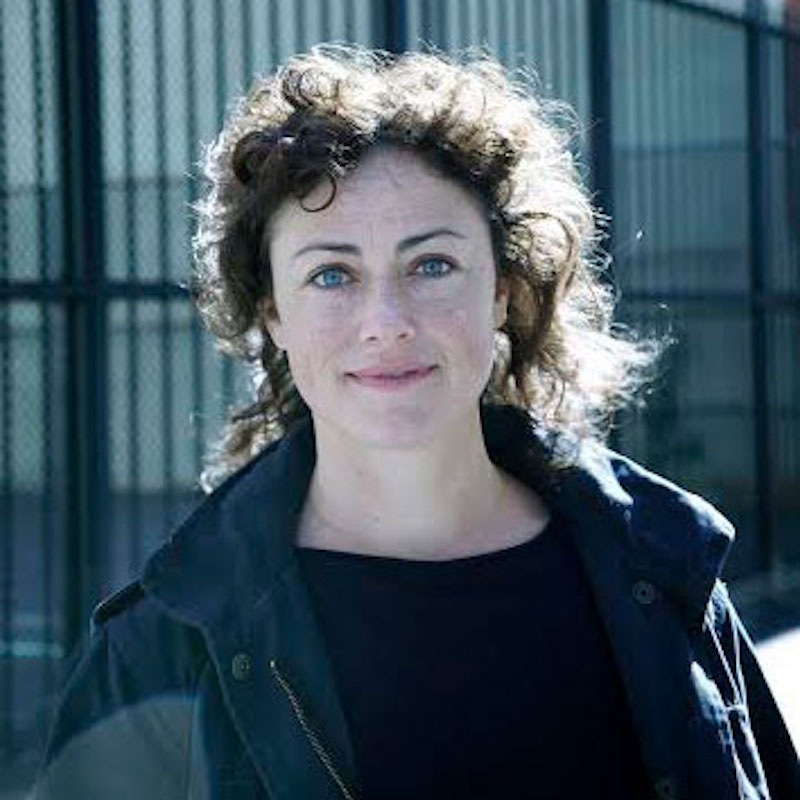 Dominique Townsend
Dominique Townsend
Dominique Townsend
Affiliations: Experimental Humanities, Asian Studies, Philosophy
Primary Teaching and Research Interests: Buddhism, Tibetan and Himalayan Studies, Buddhist Poetry, Aesthetics and Education
B.A., Barnard College; M.T.S Harvard Divinity School; Ph.D. Columbia University. Previously taught at Barnard College, Columbia University, and NYU and held the position of Head of Interpretation at the Rubin Museum of Art from 2014-2016. Publications include: A Buddhist Sense of Beauty: Culture and Knowledge at a Tibetan Buddhist Monastery (in process); “Buddhism’s Worldly Other: Secular subjects in Tibetan Buddhist learning,” in Himalaya: The Journal for the Association of Nepal and Himalayan Studies, 2016; Shantideva: How to Wake Up a Hero, (Wisdom Publications, 2015); The Weather & Our Tempers, (Brooklyn Arts Press, 2013). Primary language of research is Tibetan; Fellowships include: de Bary Postdoctoral Research Fellowship; Whiting Dissertation Fellowship: Charles H. Smith Fellowship at Harvard Divinity School. At Bard since 2016. -
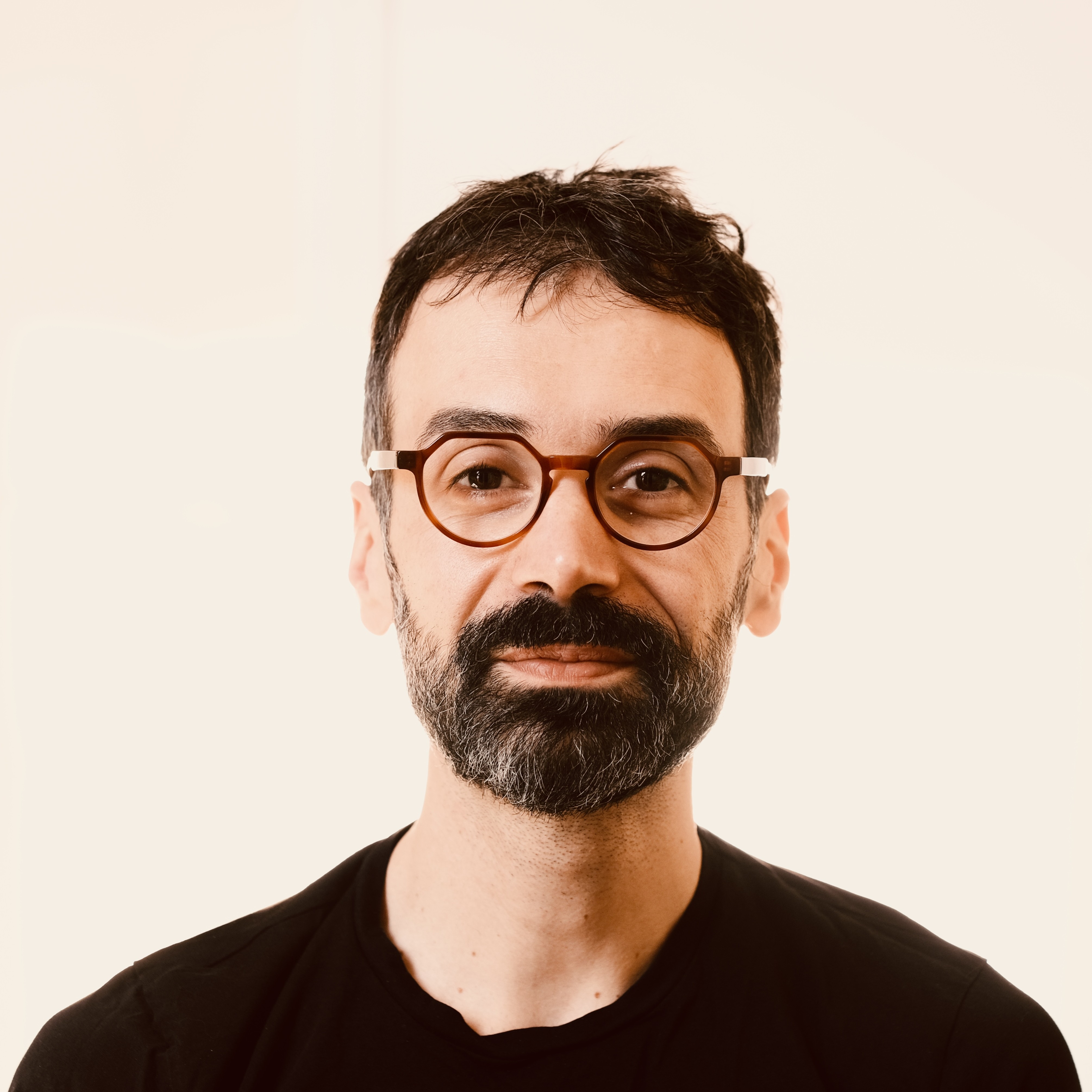 Gianfranco BriaMaria Skłodowska Curie Global Fellow (MSCA) and Assistant Professor at Roma Tre University
Gianfranco BriaMaria Skłodowska Curie Global Fellow (MSCA) and Assistant Professor at Roma Tre University
Office: Hopson 302
Email: [email protected]
Gianfranco Bria
Maria Skłodowska Curie Global Fellow (MSCA) and Assistant Professor at Roma Tre University
Office: Hopson 302
Email: [email protected]
Gianfranco Bria is Maria Skłodowska Curie global Fellow (MSCA) and Assistant Professor at Roma Tre University; he is also Adjunct Professor of Islamic Law at Sapienza University of Rome and Associate Member of the Centre d’études Turques, Ottomanes, Balkaniques et Centrasiatiques at the Ecole des Hautes Etudes en Sciences Sociales in Paris. His research focuses on Islamic authority, sainthood, and charisma in the Balkans, as well as Islamic and Sufi networks and the history of Sufism in southeastern Europe since the late Ottoman Empire. His MSCA research is titled 'Reshaping Sufi Path in Late Modern Southeastern Europe: The Teachings and Networks of the Melâmȋya-nûriya (ReSuSEE).'; This project implies an analytical and comparative in depth insight of the doctrines, and the networks of deployment of the Melâmȋya-nûriya. This Sufi path emerged in South-Eastern Europe during the late Ottoman Empire.








